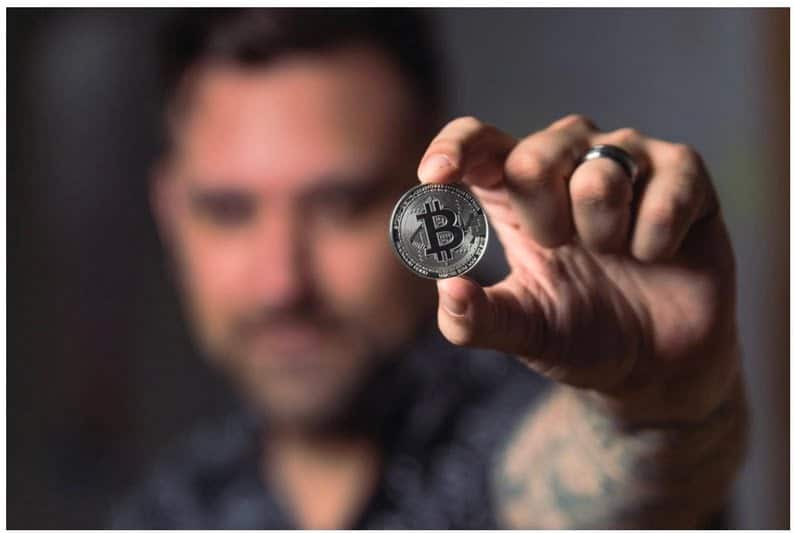In a recent development, Taiwan has officially announced its intention to recognize Bitcoin (BTC) as a legal tender. This bold move, the first of its kind in Asia, is set to have a profound impact on the global crypto market and is bound to spark conversations about the future of digital currencies in the region.
Taiwan Proposes Crypto Act
Taiwan, a nation known for its technological innovation and progressive outlook, is taking significant strides as it concerns crypto regulation. On October 27, Taiwan’s legislative body formally proposed a draft crypto act for discussion. If this draft is passed into law, it could take effect as soon as next year, ushering in a new era of regulatory clarity in the world of digital assets.
The proposed crypto act was approved at the first reading in Taiwan’s Parliament, known as the Yuan. The new regulations are aimed at addressing various challenges, including concerns about money laundering and consumer protection. Customers who hold digital assets offshore will not have the same level of protection as those using domestic exchanges, as offshore exchanges do not need to adhere to Taiwan’s regulations.
The Financial Supervisory Committee (FSC) is expected to submit its version of the bill soon. If the bill becomes law, all crypto exchanges operating in Taiwan will be required to apply for a license to transact in digital assets. Failure to comply could result in government authorities ordering them to cease operations.
Meanwhile, the second reading of the bill is expected to occur around the end of January 2024. In the meantime, it remains legal to invest in cryptocurrencies in Taiwan. The proposed legislation seeks to make digital asset use more secure, safer, and transparent. It appears that there is overwhelming public support for these regulations in Taiwan.
...

Breaking News: Taiwan to Recognize Bitcoin as Legal Tender
Breaking News: Taiwan to Recognize Bitcoin as Legal Tender through the introduction of a Bill to regulate crypto comprehensively
Are they going to follow El Salvador's footsteps?


